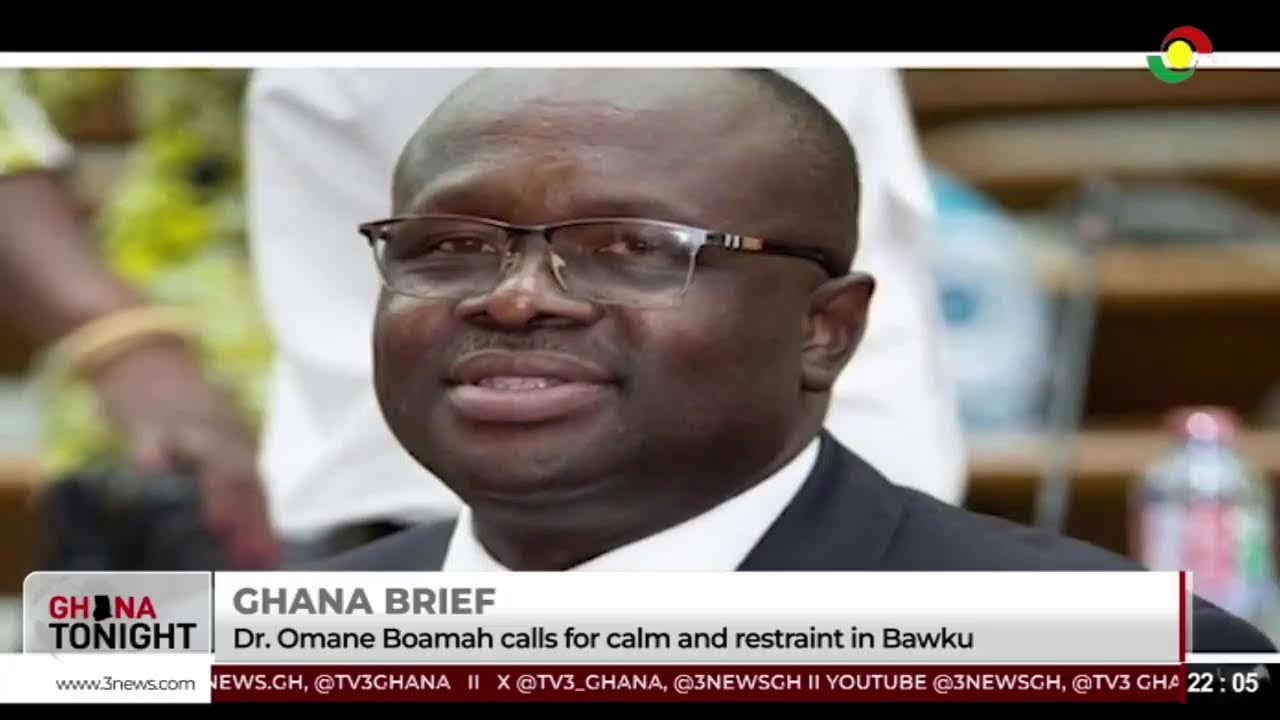![Evangelism is a form of Colonialism [Article]](https://citinewsroom.com/wp-content/uploads/2018/11/2-3-300x200.jpg)

A young American missionary has been killed by an isolated Aboriginal tribe on their land. 27 year old John Allen Chau who hails from Washington DC went to the North Sentinel Island, one of the world’s most isolated regions in India, with the aim to convert them to Christianity.
However, upon reaching the island which is protected by law and off-limits to visitors, the indigenous Sentinelese fired arrows at John and killed him.
The story has since sparked a debate on social media about the ethics of “Evangelism.” In as much as I sympathize with the missionary who met his untimely death, in this article, I make the case that Evangelism is unethical and nothing short of colonialism. Yes, I “still” identify as Christian and I still believe in the Gospel. I, however, disagree with the normalized and principal medium of “spreading” it.
To make sure we are on the same plate, I am defining Evangelism here as exercised according to the mandate that requires that we “go into the ends of the world, to every TRIBE, NATION and TONGUE and tell them of Christ”; a model that was used by the early European Christian missionaries all over Africa and other indigenous/non-Western societies all over the world; and a model which is still being used by modern converts/missionaries who are natives of these lands. Today, Ghanaian Christians for instance, still organize trips away from their homes to villages/hinterlands to “convert” people to their faith.
It is this kind of evangelism I disagree with. The kind that not only drives us into new “territories”, but especially with the main intention to “convert” them because we believe our faith is “the one true faith” and the ONLY way to salvation/God/Heaven, or to be a better person. I think this is a flawed ethic. And there’s so much history to prove why this model needs to be discontinued or at least, reviewed. I mean, the fact that Christianity is still listed as a “benefit” of Slavery/Colonialism is enough proof of how problematic this can be.
But before you get mad, walk with me through these few personal experiences for a minute or two…
Two years ago in graduate school in the US, my office mate was a new PhD student from Thailand. Despite her heavy Asian accent, she was such a delight to talk to! She was friendly and by far one of the kindest people I have encountered in my life. She’d copy our time table for me; help me order text books online, pack up homemade lunch for two, review my work for me, etc. We had been office mates for about two months before I found out she was a Buddhist.
She blurted it out randomly once in a conversation. I was extremely surprised, which I shouldn’t have been, because it is actually the norm for people from Thailand to be Buddhist—Thailand is a Buddhist nation. However, we had a mutual friend who was also from Thailand who was a Christian and I somehow automatically assumed she was Christian too.
At that point, we had bonded so much and grown so fond of each other that after I expressed my surprise, I just blurted out “So have you identified a Buddhist community here yet? Is there a Buddhist temple you go to worship and fellowship at?” This was a very relevant question because our university was in a very small and isolated city and it was a predominantly White neighborhood. She answered in the negative and stated that she did her personal prayers in her room.
I sympathized with her and life went on as usual. Occasionally I’d ask her about her faith, what the basic principles were and based on her answers, I’d share with her any similarities or differences with Christianity.
She would also ask questions about Christianity whenever anything popped up. We’d carry on with school work and our friendship until one day she approached me herself and said she wanted to join me on Sundays to church. She said she liked how our church members bonded on Sundays and even outside church and wanted to come and see what happens in our church. Her Christian Thailand friend and I attended a tiny Baptist church not too far from school. And this request came after a whole year of being office mates and just sharing everything from food, ideas and knowledge about each other’s beliefs and cultures. She made this request herself and after a whole year had passed!
Again in my last year, I was linked to a new Indian graduate student. She was about 2 years younger than me but we quickly bonded. We were so much alike; funny, witty, and equally curious! Because of her history, we had a lot in common—British colonies, hello! She was also Hindu by faith. We would take strolls downtown to explore local restaurants and talk on any topic possible.
Again, I would ask her questions about her faith and beliefs because I genuinely love these things.
She’d go on and tell me about Indian/Hindu mythology and their own colonial history with the British. I’d ask questions about Indian practices that I had read about or seen in their movies and she’d explain to me. She’d go on ask me about Christianity too and Ghana and my family. I remember how hard it was to explain the immaculate conception of Jesus to her because she laughed throughout. She couldn’t believe how a virgin (Mary) could get pregnant without sex.
In the first week of our friendship, she asked to come to church with me on Sunday. She was still very Hindu and still very Indian and “spiritually” vegetarian but she continued going to church even after I had left campus. I gave her a lot of hand me downs (clothes, shoes, bags) which she really appreciated but she made a special request for a Bible as a gift and I ordered a new “New International Version Women’s Study Bible”, the same one I bought for myself when I started graduate school.
I have several of these experiences to share. Casual interactions that effortlessly “evangelized” and got people interested in my faith and culture. And this version of me they met wasn’t even my “purest” or “holiest” version. I used these examples because I know many Christians who would have either cut ties after finding out these people belonged to different faiths or immediately develop an “agenda” to convert them to their Christianity.
I guess my point here is; Evangelism can still be achieved in many non-dehumanizing ways like we are used to and have experienced in our own history; a model that had to demonize our very nature and traditional beliefs while elevating Christianity. The Western culture also got elevated alongside the Christian faith because religion requires a “medium” to operate. And that medium is CULTURE.
The Aboriginal tribe doesn’t want any contact. They want to “preserve” themselves and their culture without any influence from the outside world. In as much as my Afrocentric ideals make me want to scream in excitement about this, I also think not wanting “contact” at all could be equally bad and too much of an extreme…especially in this day and age.
Contact with other people/cultures is good and can produce very positive results. Cross-cultural interactions are good. They provide very viable learning experiences from both cultures when the interaction is genuinely kind, wholesome, open-minded and empathetic. Because whereas diversity is a given, “harmony” in diversity isn’t. Harmony, despite our clear differences can only be harnessed by opening up to other people’s cultures, learning about their ways, finding beauty despite all the differences and learning to appreciate where everyone is coming from.
Therefore, while the Aboriginals may be on the extreme, the ethic of also going into people’s cultures and meeting them solely with the intent and purpose to “convert” them to your beliefs because you believe yours is the best or “Superior” is equally dangerous. These two extremes don’t provide any learning opportunities for both parties. And this is the model that was adopted by the European missionaries which currently makes our “Colonial” and “Christian” history very blurred. Because when the White man moved, he moved in the name of “God” and “King/Queen.” Meaning, Christianity was as much a “Political” agenda as a “Religious” one. Its institutionalization is responsible for a chunk of our self-loathing and anti-black rhetoric due to the demonization of our cultural heritage and the ways of our ancestors.
I spent 3 months in Bali earlier this year and over there, they’d tell you; “Culture is dynamic. And any culture that does not evolve cannot be classified as a culture.” Again, I gathered rather quickly, that “if you only know your culture/faith, then you don’t even know yourself at all.” The life lessons I’ve picked up from these experiences have impacted my psyche in a lot of ways and have enhanced my world view a great deal. So yes, I believe in “going into the ends of the world, to every TRIBE, every NATION, and every TONGUE” but most certainly NOT to “convert” them to my faith. I am not a Colonialist!

The Author, Efe Plange in Green (Far Right)
When we enter into people’s cultures, our goal should never be to convert them into anything, but rather, simply to learn about their ways in appreciation of our diversity, which was an original plan of God. And then through our interactions, both parties “willfully” negotiate their appreciation of the exchange. Just let your light shine…
For there’s a certain level of psychological “violence” involved in “Evangelism” and it is my hope that modern Christians would review this model and that toxic tradition we inherited from European missionaries; a tradition that largely involves an almost inevitable DISRUPTION of many socio-cultural bonds.
It is a distorted humanity to walk through this earth believing that you are “better” and your beliefs/cultures are “superior” to others. It is a distorted humanity! If you are not ready to receive/learn about other people’s cultures, you have no business “Evangelizing.”
–
The Writer, Efe Plange is a Ghanaian blogger and social media enthusiast.
She is a founding member of the Pepper Dem Ministries with keen interest in gender discussions. Connect with Efe Plange on social media.
The post Evangelism is a form of Colonialism [Article] appeared first on Citi Newsroom.
Read Full Story















Facebook
Twitter
Pinterest
Instagram
Google+
YouTube
LinkedIn
RSS